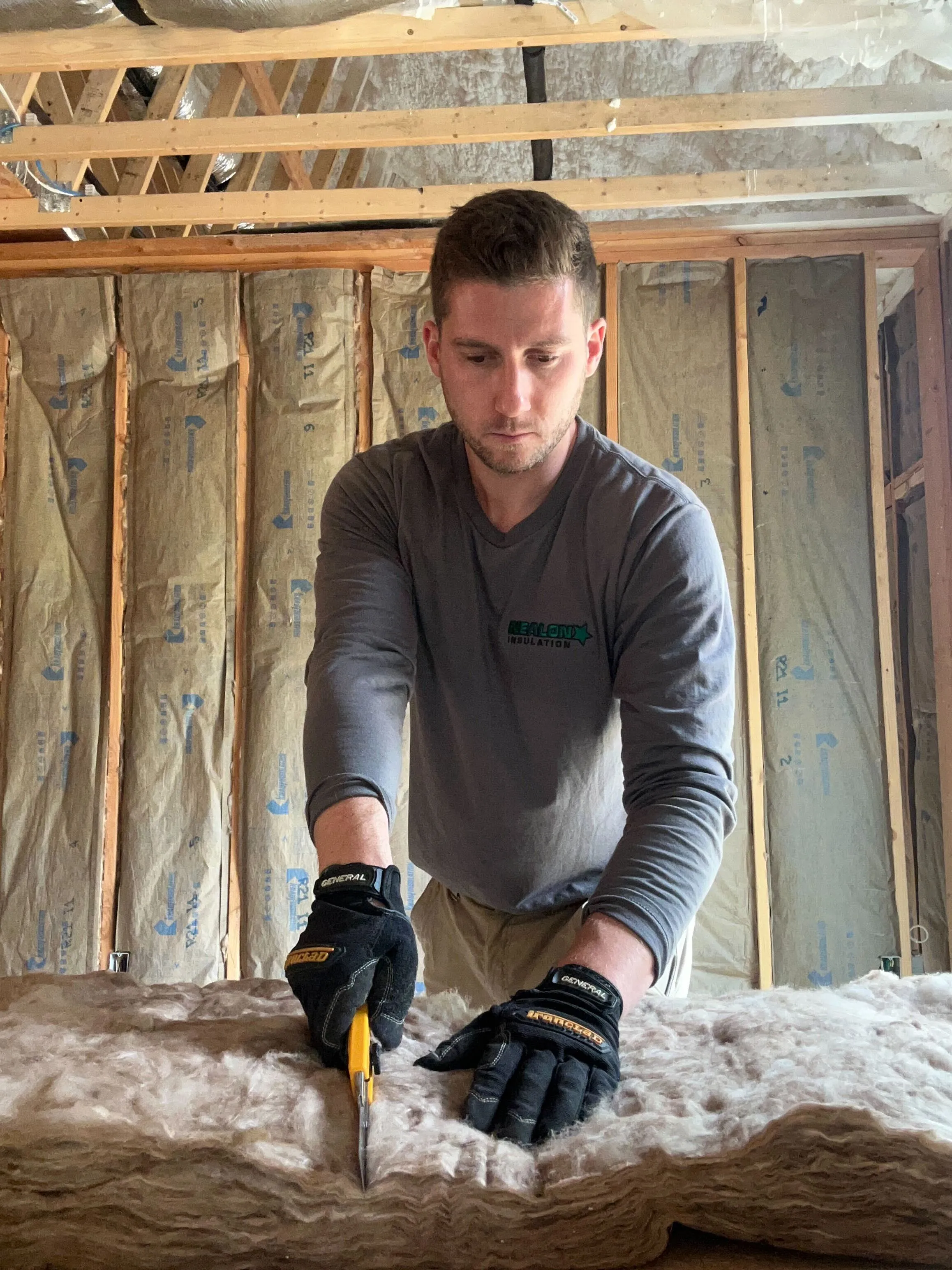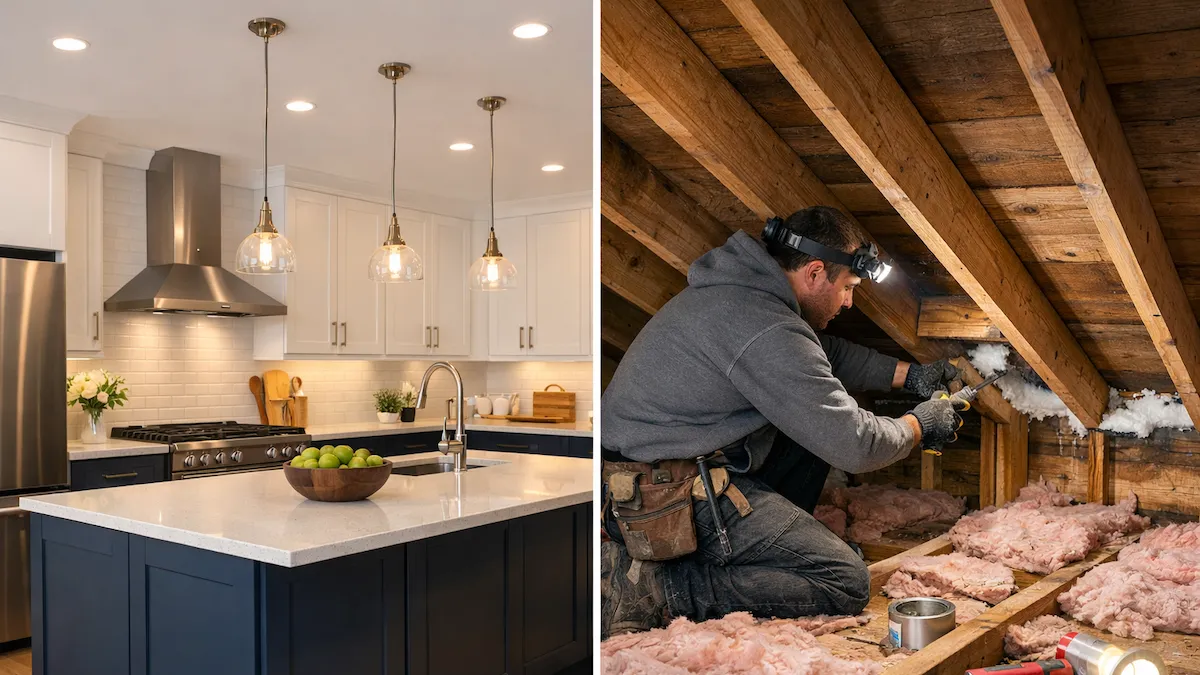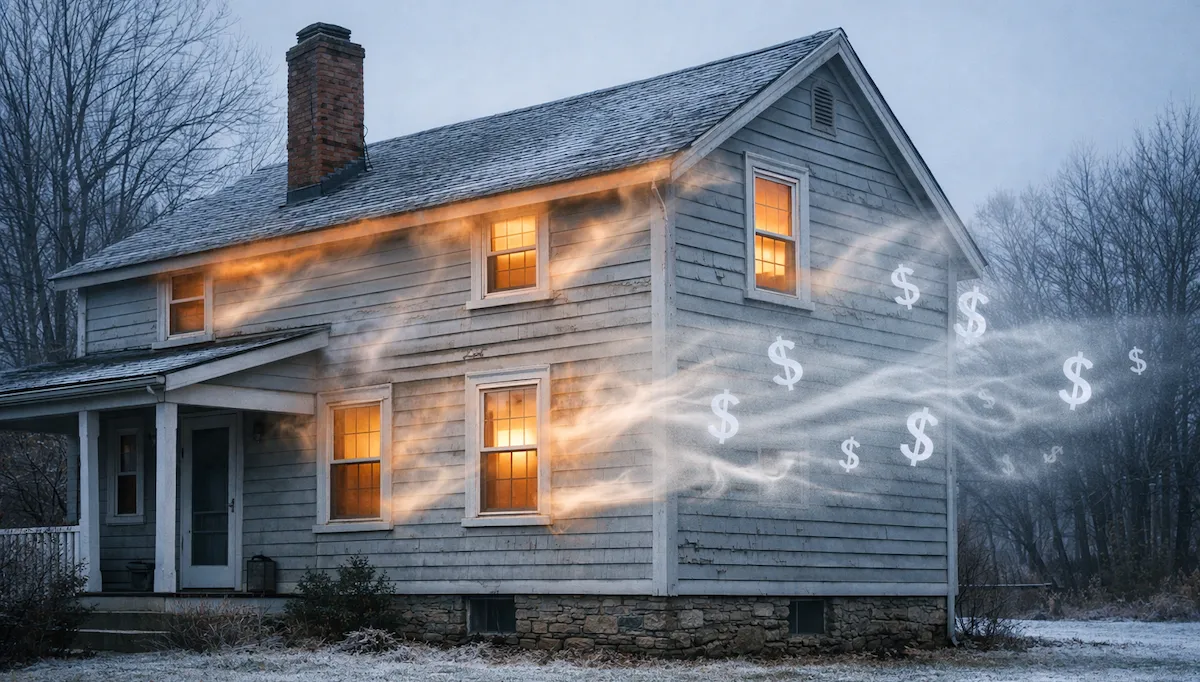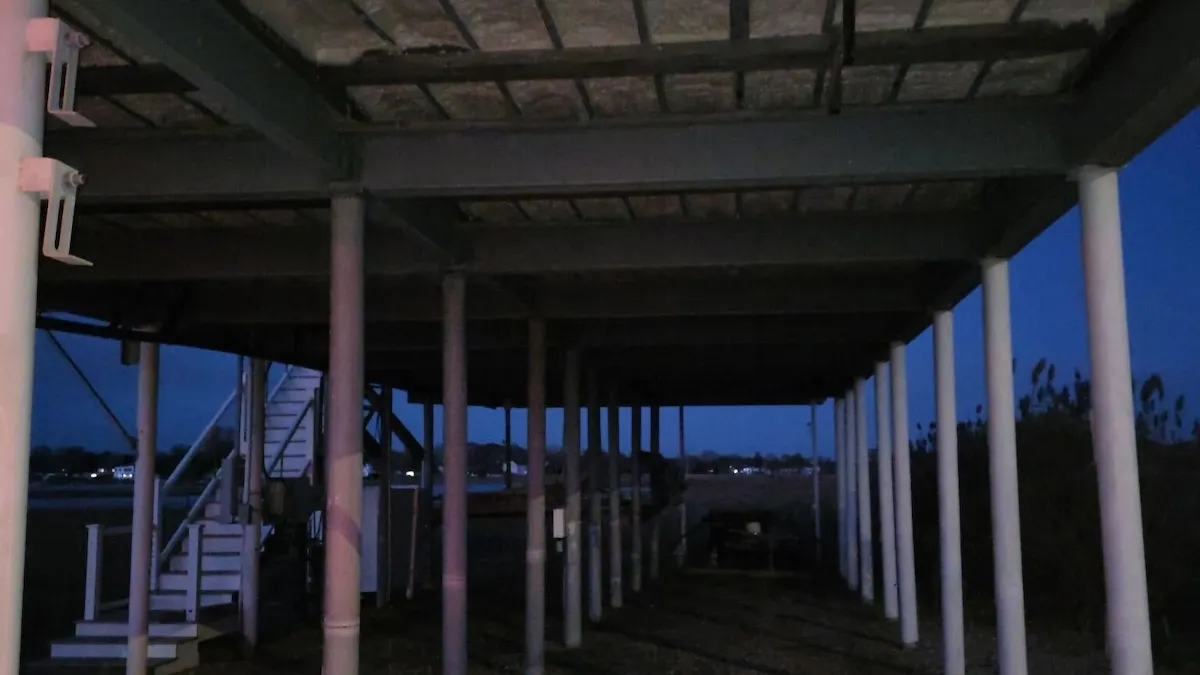10 of the Most Common Questions About Insulation—Answered!

Let’s cut to it—insulation’s one of the best bang-for-your-buck upgrades you can make to your home. But most folks aren’t sure what type to get, where to put it, or how it actually affects the comfort of their place.
After 40+ years of crawling through attics and tearing out fiberglass that raccoons used as a five-star hotel, we’ve heard just about every insulation question there is. Here are ten of the big ones—with answers that won’t make your eyes glaze over.
1. How do I know if my home needs more insulation?
Easy. If your home was built before TikTok existed (or even MySpace), it probably needs more. But here are some dead giveaways:
✔️ Your energy bills could qualify for a college loan
✔️ It’s drafty in winter and sweltering in summer
✔️ Rooms feel like they belong to different time zones
✔️ Floors are cold enough to store meat on
✔️ You get ice dams on the roof every winter
If any of these sound familiar, an insulation upgrade will help. And fast.
2. What kind of insulation should I use?
There’s no one-size-fits-all answer here, but let’s break down the big three:
- Spray Foam Insulation – Great for air sealing, long-lasting, but pricey. Like “Yikes” pricey. And hard to remove if you change your mind later.
- Cellulose Insulation – Made from recycled newspaper, treated for fire and pests, and great for retrofits (this is our specialty). Blown-in cellulose seals up nooks and crannies better than your old caulking gun ever could.
- Fiberglass Insulation – Cheap, familiar, and still used a lot, but not the best at stopping airflow. Mice love it. We don’t.
Truth is, the best option depends on your home, budget, and goals. We do all three—so we’ll steer you straight, not just push what’s on the truck.
3. Will insulation really lower my energy bills?
Yes. And not by a couple bucks—up to 30%. Insulation keeps warm air in during winter and the hot stuff out in summer. That means your HVAC system gets to relax, and your wallet does too.
4. Where should I insulate?
Start at the top and work down:
✔️ Attic – #1 place for heat loss (and gain).
✔️ Walls – Especially if you live in a drafty old beauty from the 1920s.
✔️ Basement/crawl space – Helps keep floors warmer and stops cold air from creeping in.
✔️ Attached garage – If there’s a bedroom over it, trust me, you’ll feel the difference.
5. How long does insulation last?
A solid 20–30 years if it stays dry and untouched. Cellulose tends to age better than fiberglass, and spray foam sticks around forever (which is both a pro and a con, depending on who you ask). But water, pests, or poor installation can cut that lifespan way down.
6. What’s R-value, and does it really matter?
R-value measures how well insulation resists heat. Higher R = better insulation. But here’s the kicker—air sealing is just as important. You could have sky-high R-value, but if there are gaps, you're still heating the great outdoors.
That’s why dense-packed cellulose or closed-cell spray foam can give you a real edge. They insulate and seal air leaks.
7. Can insulation make my house quieter?
You bet. We’ve had clients call back and say they didn’t realize how loud the neighbor’s lawnmower was until it stopped waking them up. Insulation in your walls and attic cuts down outside noise and keeps things peaceful inside.
8. Will insulation keep pests out?
Some types, yes. Cellulose is treated with borate—a pest deterrent that mice and bugs hate. Fiberglass? Not so much. Rodents see that stuff as prime real estate. We’ve pulled out more mouse condos from fiberglass than I care to admit.
9. What does insulation cost?
Here’s the rough ballpark for Connecticut homes:
- Blown-in cellulose or fiberglass – $1.00–$1.50 per sq. ft.
- Spray foam – $2.00–$6.00 per sq. ft.
- Batt fiberglass (those pink rolls) – $0.50–$1.25 per sq. ft.
Don’t forget—if you live in CT, EnergizeCT rebates can shave a big chunk off those costs. We help homeowners access those programs all the time.
10. Should I insulate before replacing my HVAC?
Absolutely. If your insulation is lousy, you’re throwing good money after bad with that shiny new heat pump. Insulate first, and you might be able to downsize your HVAC—or run it less, save cash, and extend its life. That’s what we call a win-win-win.
Wrap-up
Insulation isn’t sexy. You don’t show it off at dinner parties. But you sure notice when it’s missing. Your home’s comfort, energy efficiency, and even resale value all depend on getting this stuff right.
Want to figure out what your home really needs? That’s what we’re here for. We’ve been insulating Connecticut homes since bell bottoms were in style (the first time). Reach out for a no-BS assessment and we’ll steer you right.
👉 Contact us here to answers for more insulation related questions!
Related Articles
Let's Work Together
Ready to transform your home into an energy-efficient haven? Schedule your free energy assessment today and experience the Nealon difference for yourself.



